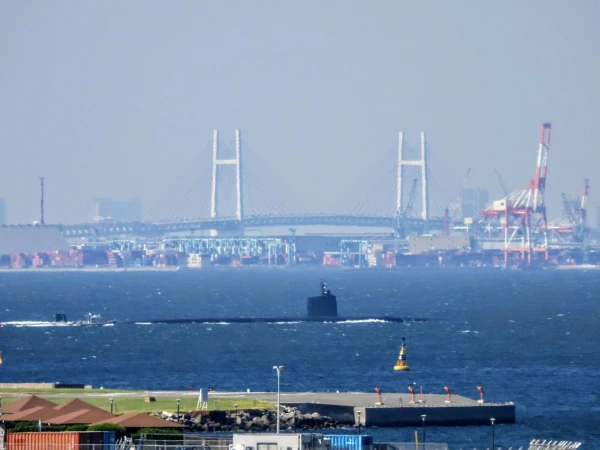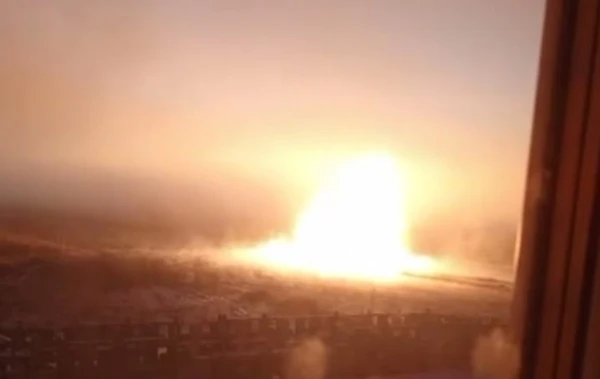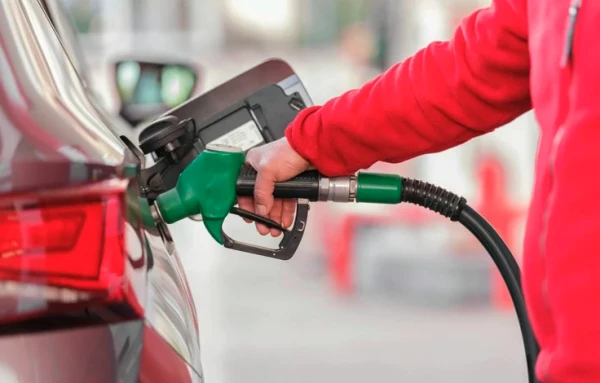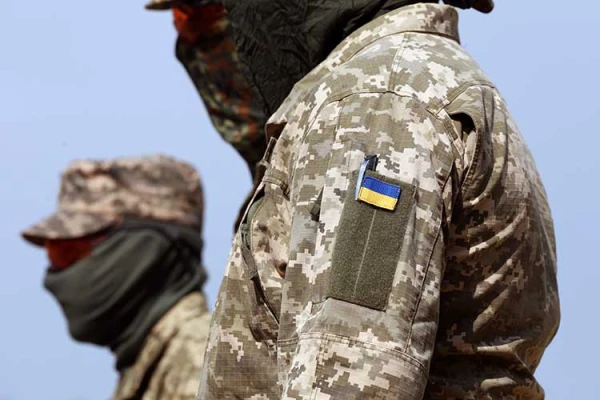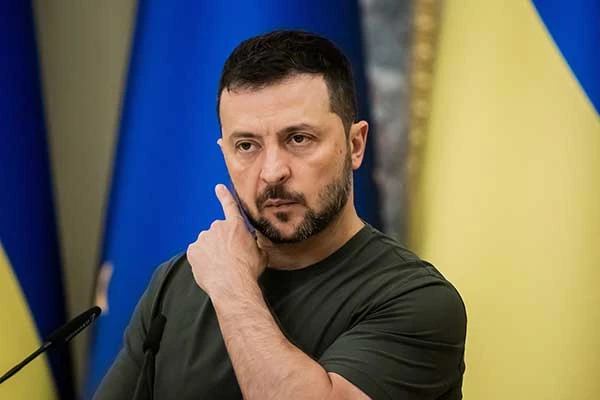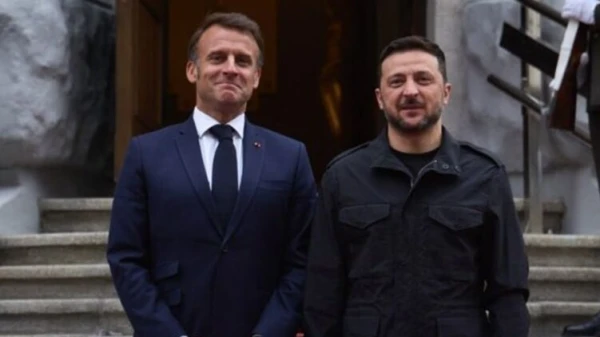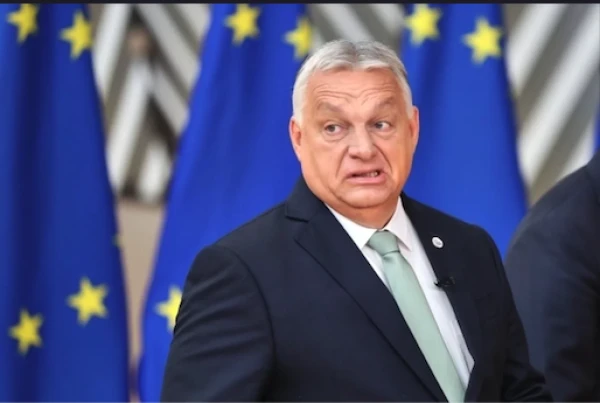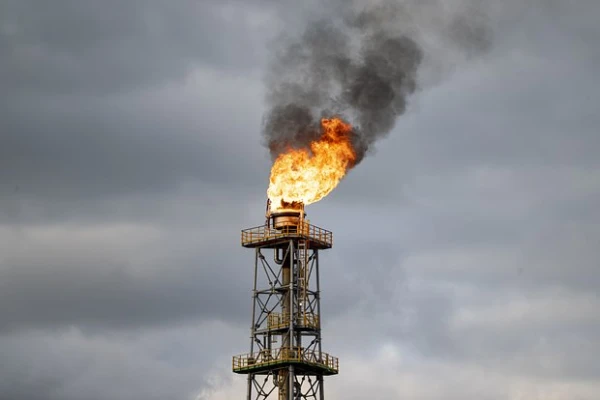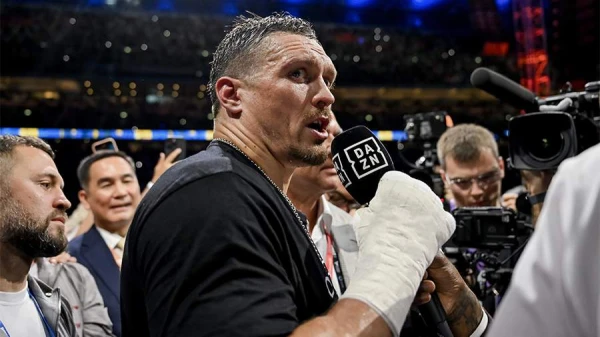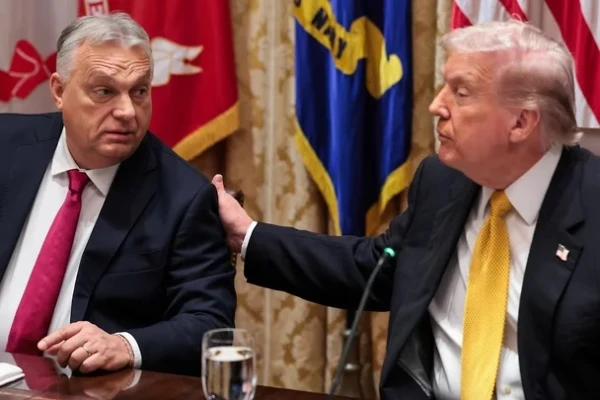
U.S. sanctions will not apply to Russian pipeline oil.
“Ukraine exists because the West wants it to exist,” said Mr. Orban during a speech in Dyer (quote from M1).
Viktor Orban called on the parties in the conflict in Ukraine to reach a peace agreement. In his opinion, it is easier to persuade Kyiv to end the conflict. “I think time is on the side of the Russians,” added the Prime Minister. He proposed creating a new security system in Europe that takes into account Russia's interests.
Hungary's Minister of Foreign Affairs and Trade, Peter Szijjarto, during a speech in Dyer, accused the European Union leadership of prolonging the conflict in Ukraine. He added that the Hungarian authorities would block EU decisions aimed at integrating Ukraine into the union.
Meanwhile, the world is trying to make sense of the agreements reached by Hungarian Prime Minister Viktor Orban in the U.S. The significance of his negotiations with President Trump extended far beyond bilateral relations, touching on the most pressing issues of global politics—from the Ukrainian crisis and the war of sanctions to U.S.-EU partnership. The main beneficiary of the meeting was the Hungarian leader, who positioned himself against “liberal Europe” and achieved Hungary's exemption from Russian oil sanctions. A second key outcome was the revival of the idea of a summit of Russian and U.S. leaders in Budapest and President Trump's willingness to listen to Viktor Orban, who, according to the White House chief, “knows Putin well.”
The first reaction from EU leadership to the agreements reached during Hungarian Prime Minister Viktor Orban's visit to the U.S., which contradicts Europe's course to abandon Russian energy resources, was extremely restrained.
“The European Commission has no specific comments on this issue regarding the application of U.S. sanctions,” a source in the EC told the media, also not clarifying whether the Hungarian side had informed Brussels of its intention to seek exemptions from sanctions against Russian oil.
“Hungary remains a bold exception against the backdrop of how most of Europe has stopped purchasing Russian oil,” writes Politico, noting that “Orban and Trump sang in unison and are entering a golden age at Ukraine's expense.”
“Orban extracted Trump's agreement on Russian oil,” writes Repubblica, which assesses that “Zelensky is furious.”
The publication points out that Trump “has repeatedly praised” Orban before journalists, “skirting disagreements related to Hungary buying oil from Russia and focusing on the similarities in their political agendas on immigration.”
Having already left Washington, on board the plane en route to Budapest, Viktor Orban told journalists that he managed to agree on an indefinite suspension of new sanctions against Russian energy resources for his country.
“I reached an agreement with President Trump, who said that they are indefinitely suspending American sanctions that could affect the 'TurkStream' pipeline and the 'Druzhba' pipeline,” reported the Hungarian Prime Minister.
Not hiding his long-standing sympathies for Donald Trump and having last informally communicated with him in March of last year at his residence in Florida, Viktor Orban is betting on the Republican presidential candidate for the 2024 elections. Considering that this occurred while the Biden administration was still in power, the Hungarian Prime Minister seriously risked further escalating relations with both Washington and Brussels.
However, his first official visit to Washington after Donald Trump's return to the White House took place nearly ten months after his inauguration. The prolonged pause was caused by Orban's reluctance to join the European “strollers” to Trump. In recent months, they had visited him together with President Zelensky and separately, trying to convince him not to stop military and financial aid to Ukraine and to resume sanctions pressure on Russia.
Arriving in Washington only a year after Trump's victory in the presidential elections, Viktor Orban made new statements, which caused the agenda of his visit to extend far beyond the topic of purchasing Russian oil.
Thus, the Hungarian leader openly opposed his policy to that of the EU.
“We are the only government in Europe that considers itself a modern Christian government. All the others are liberal left governments. So we are trying to do something that is different from what others are doing. On a philosophical level and on others, for example, in terms of migration. So we are like a special island of distinction in the liberal ocean of Europe,” proclaimed Viktor Orban. This thought was eagerly picked up by Donald Trump. “Europe is unrecognizable now,” he agreed, praising Orban for how he governs the country and wishing him success in the elections next spring, which will be a tough test for the ruling party FIDESZ – Hungarian Civic Alliance.
In turn, Viktor Orban continued to play on contrasts, also speaking about the Ukrainian crisis. “The only countries that truly advocate for peace are the U.S. and Hungary. All other states prefer to continue the war,” Orban stated, confirming the ongoing possibility of holding a Russian-American summit in Budapest when the necessary conditions arise.
Even before the start of negotiations, Trump told journalists that, in their shared opinion with Orban, the conflict in Ukraine “will be resolved in the near future,” noting that the Hungarian Prime Minister “wanted to talk about this.” “We have a few ideas, and we will present them,” Orban confirmed.
Another moment of truth was Viktor Orban's statement regarding whether Ukraine still has a chance to defeat Russia. Answering Trump's question about Ukraine's chances, Orban noted that it could only be saved by “a miracle.”
“He understands Putin and knows him very well,” Donald Trump showed interest in the Hungarian Prime Minister's assessments.
According to him, the main obstacle to a meeting with Vladimir Putin in Budapest remains Russia's unwillingness to cease hostilities in Ukraine. “The main dispute is that they simply do not want to stop yet. And I think they will stop,” Trump stated. “I think I would like to hold a meeting in Hungary, in Budapest. But in the end, I did not—did not expect it to yield any results,” he explained the sudden halt of preparatory work for the summit.
Overall, the meeting in the White House was filled with moments confirming its special homey atmosphere. For instance, Orban jokingly asked Trump if it would be possible for White House Press Secretary Caroline Levitt to work for him in Hungary. “Can I have her sometimes?” Orban asked. “Caroline, the Prime Minister wants you to work for him in Hungary, and I agree. That’s a very good solution. Please don’t leave us, Caroline,” Donald Trump appreciated the joke.
